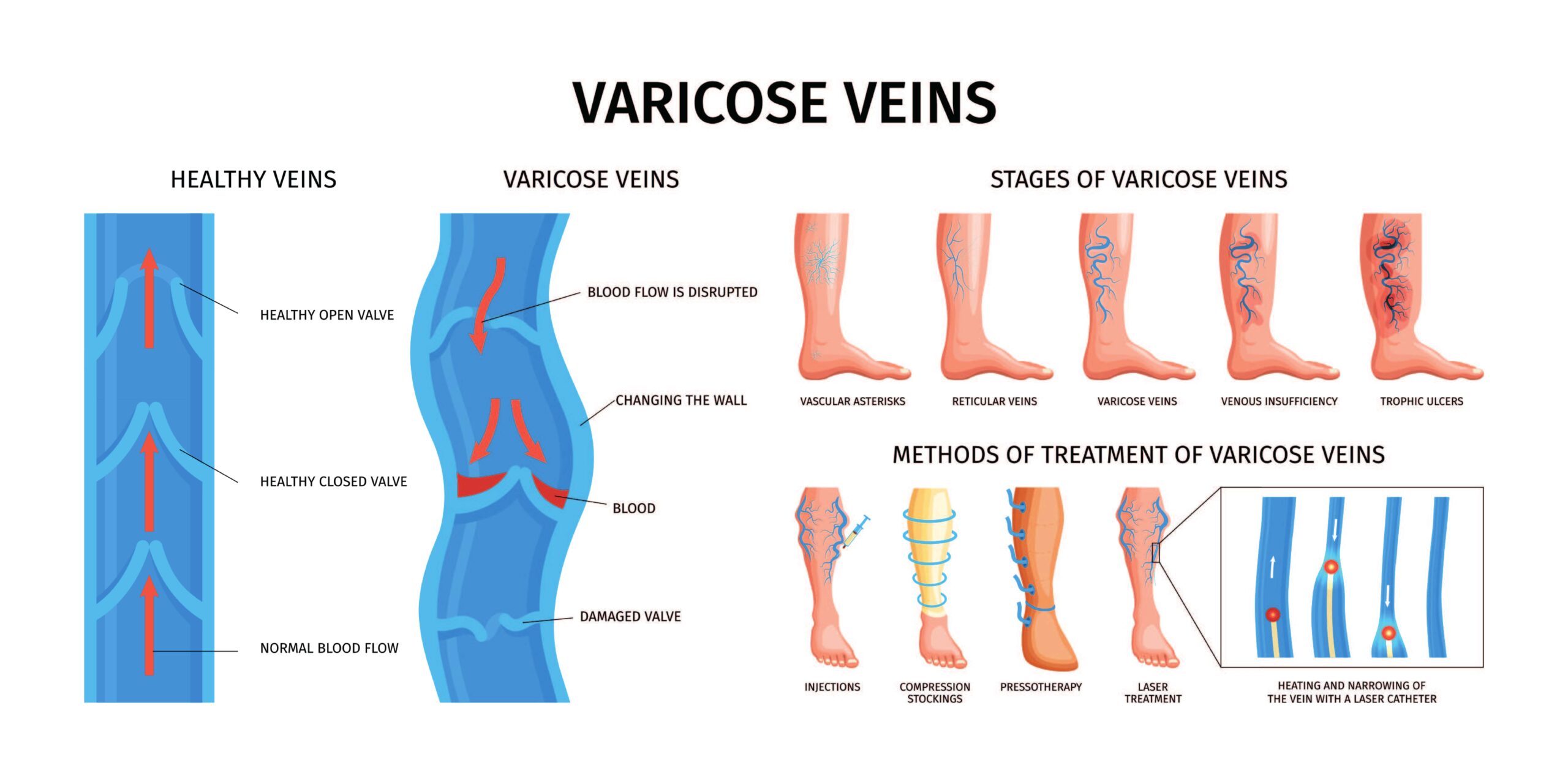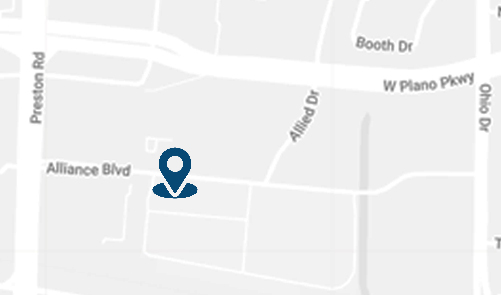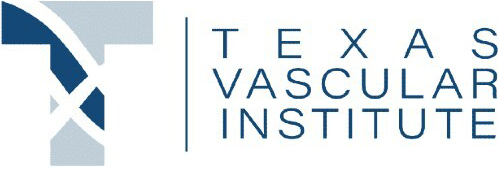By: Dr. Dev Batra | 02.20.25
More than 70% of Americans suffer from varicose veins or another type of vein disease. Despite this staggering number, many people dismiss varicose veins as just a cosmetic issue. But there’s more to these bulging veins than meets the eye; ignoring them can lead to significant health risks and discomfort, and the longer they’re left untreated, the more serious the complications can become.
If you’re dealing with varicose veins, understanding why they occur and what can happen if they go untreated is the first step in taking control of your vein health.
What Are Varicose Veins?
Varicose veins are swollen, twisted veins that usually occur just under the surface of the skin. While they can develop anywhere, they’re most commonly found in the legs.
These veins become varicose when the tiny valves inside them weaken or become damaged, making it harder for blood to flow upward toward the heart. As blood starts to pool, the veins enlarge and twist, leading to the visible signs of varicose veins.
There are many factors that can increase the likelihood of developing varicose veins: age is one of the biggest contributors. Our veins weaken as we grow older, which can lead to valve dysfunction.
Genetics also plays a role, meaning if your parents or grandparents had varicose veins, you’re more likely to develop them too. Other factors include a sedentary lifestyle, prolonged standing, obesity, pregnancy, and even hormonal changes. Each of these factors can increase the pressure on your veins, leading to varicose veins over time.
Varicose Vein Symptoms
If you don’t get treatment for varicose veins, they can worsen, potentially extending to the deep veins that relay blood back to your heart. This can cause blood to pool in your leg veins, leading to several uncomfortable symptoms, including:
- Leg pain
- Leg swelling
- Itchy skin
- Discolored skin (darkening or pigmentation changes)
- Achy legs
- Leg cramps
- Leg ulcers
Recognizing these symptoms early is key to preventing more serious complications.

Why Ignoring Varicose Veins is Risky
While many people think of varicose veins as a cosmetic issue, leaving them untreated can have serious health consequences. In fact, if you have varicose veins, you’re up to 430% more likely to develop deep vein thrombosis (DVT), a potentially life-threatening condition in which a blood clot forms in one of your deep veins. This clot can block blood flow and cause swelling and pain, and in severe cases, it can travel to the lungs, leading to a pulmonary embolism.
Aside from DVT, varicose veins can also lead to chronic venous insufficiency, where the veins are unable to pump blood efficiently. This condition can cause aching, swelling, and a feeling of heaviness in the legs. Over time, varicose veins can also result in skin changes such as discoloration, itching, and the development of painful ulcers, which are often difficult to heal.
Beyond the physical risks, varicose veins can take an emotional toll. Many people with varicose veins feel self-conscious about their appearance, which can lead to a lack of confidence and even avoidance of activities like swimming or wearing shorts. Addressing varicose veins early can help prevent these physical and emotional impacts from becoming overwhelming.
When to Seek Medical Help
Not all varicose veins require immediate medical intervention, but there are certain signs and symptoms that signal it’s time to see a vein specialist. If you’re experiencing swelling, leg pain that worsens throughout the day, or changes in skin color around your veins, it’s important to get evaluated.
Skin that becomes red, irritated, or begins to develop ulcers can indicate that your varicose veins are progressing into a more serious condition. Additionally, sudden swelling, warmth, or redness in your leg may be a sign of DVT, which requires urgent medical attention.
Treatment Options for Varicose Veins
At Texas Vascular Institute, we specialize in minimally invasive treatments for varicose veins to help you regain comfort and confidence, including:
- VenaSeal™: VenaSeal is a cutting-edge, non-invasive treatment that uses a medical adhesive to close off the affected vein. Once the vein is sealed, blood is rerouted through healthier veins, and the varicose vein is gradually absorbed by the body.
- Endovenous Radiofrequency Ablation: This procedure uses heat to close off the diseased vein. A small catheter is inserted into the vein, and radiofrequency energy is delivered to seal the vein shut. This method is highly effective and results in minimal discomfort and downtime.
- Ultrasound-Guided Foam Sclerotherapy: This treatment involves injecting a special foam into the varicose vein under ultrasound guidance. The foam causes the vein to collapse and close, eventually being absorbed by the body.
- Microphlebectomy: For larger varicose veins, microphlebectomy may be recommended. This procedure involves removing the varicose vein through tiny incisions in the skin. It’s a highly effective treatment for more severe cases and leaves minimal scarring.
These treatments not only address the physical appearance of varicose veins but also alleviate the underlying symptoms, such as pain and swelling. All of these treatment approaches are faster, easier, and considerably less painful than surgical techniques, require many sizable incisions and a long recovery period.
Take Action Now for Healthier Legs
Varicose veins are not just cosmetic – they can lead to pain, swelling, ulcers, and more serious health risks like blood clots. The good news is that at Texas Vascular Institute, we offer effective, minimally invasive treatments that fit your lifestyle.
Don’t wait for symptoms to get worse. Click here to schedule your consultation today and take the first step toward healthier legs
Read more blogs
Why Are My Veins Blue?
Wondering why your veins look blue under your skin? Learn the science behind vein color, how light affects what you see, and what it means for your health.
10 Warning Signs Of Poor Circulation And How To Fix It
Have you ever noticed your feet always feel cold, or your legs cramp up when walking? These could be warning signs of poor circulation, a condition that can impact your daily life and overall health.
Leg Pain Keeping You Up at Night?
Are restless, aching legs keeping you from a good night’s sleep? Nighttime leg pain can interfere with your rest, affecting your health, mood, and ability to take on daily activities. While there can be various causes, nighttime leg pain - especially when accompanied by feelings of heaviness, throbbing, or itchiness - could point to a vein issue.
WHAT OUR PATIENTS
have to say
Texas Vascular Institute always appreciates feedback from our valued patients. To date, we’re thrilled to have collected 378 reviews with an average rating of 5 out of 5 stars. Please read what others are saying about Texas Vascular Institute below, and as always, we would love to collect your feedback.
Leave a Review
Amazing Practice
I'm very particular with my Healthcare and tend to be cautious with referrals to specialists. This office is amazing from the first point of contact. Their staff are friendly, professional and highly knowledgeable. Then the Dr is just as amazing as his staff, absolutely brilliant. Office manager Jessica has this office running like a well oiled machine and does so with a smile, an air of confidence, kindness and professionalism. Love this practice!!
- Richard G.

Beyond Thankful
Dr Batra and his staff are amazing! We are so grateful to have found him. Everyone is so kind and so caring and Dr Batra explains everything so well and does procedures with excellence. Beyond thankful to be under their care!!!
- Bitsy P.

Gold Standard
This is a gold standard for how a medical practice should be run. I was promptly seen at my scheduled time, my ultrasound was thorough and I received plenty of attention and care from the staff and Dr.Batra.
- Weronika L.
INSURANCE
We accept most major insurance plans. Please contact the medical office for all insurance related questions.









8330 Meadow Rd #100
Dallas, TX 75231
For Appointments: 972-798-4710
General Inquiries: 972-646-8346

809 West Harwood Rd, Suite 101,
Hurst, TX 76054
For Appointments: 972-798-4710
General Inquiries: 972-646-8346

4716 Alliance Blvd Suite #180,
Plano, TX 75093
For Appointments: 972-798-4710
General Inquiries: 972-646-8346

